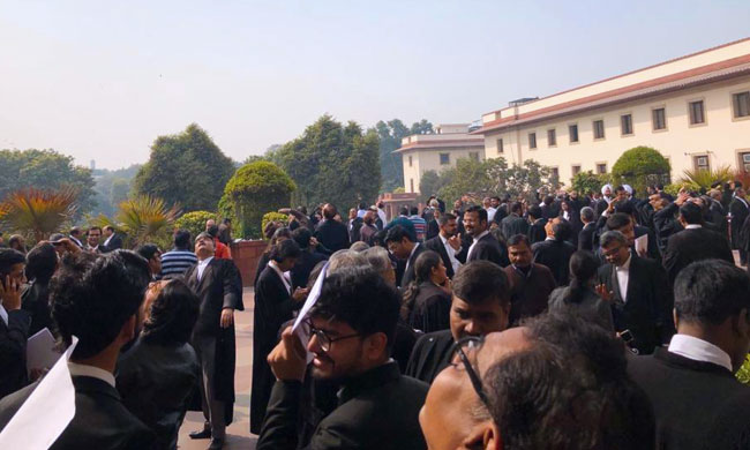Can Residential Premises Be Used For Advocates' Office?
Manu Sebastian
1 Jun 2019 4:40 PM IST

Advocates' office can be operated from a residential place, since it is not regarded as a commercial activity. However, this is subject to the space restrictions imposed by the local laws.
Next Story


